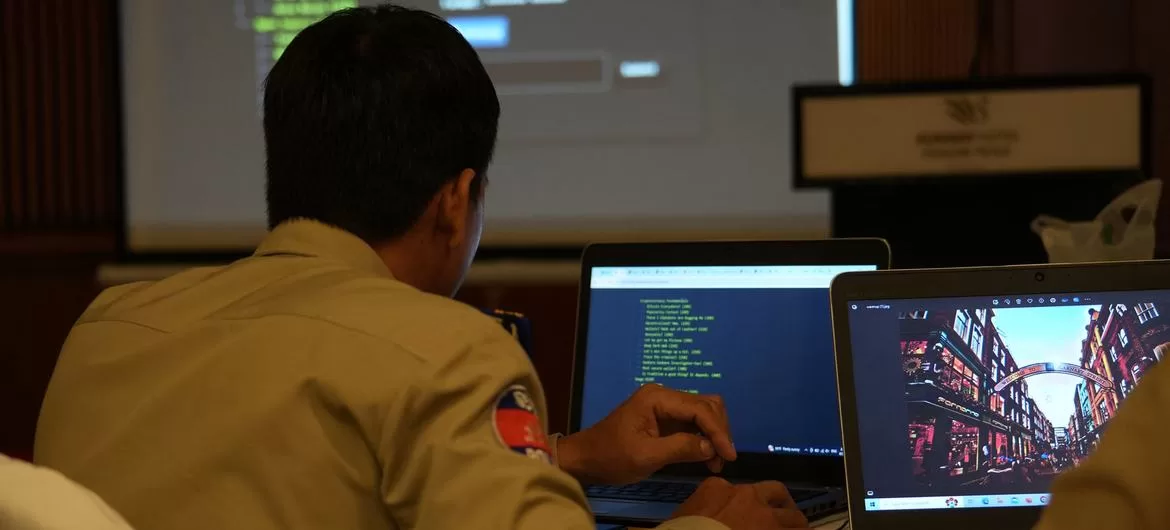
HANOI, Oct. 25 (WSH) — Sixty-five countries have signed a landmark United Nations treaty in Hanoi to combat cybercrime, in what Secretary-General António Guterres hailed as a “historic step toward a safer digital world.”
Adopted by the UN General Assembly in December 2024 after five years of negotiation, the Convention against Cybercrime establishes the first global legal framework for investigating and prosecuting offences committed online — ranging from ransomware and financial fraud to the non-consensual sharing of intimate images.
“The UN Cybercrime Convention is a powerful, legally binding instrument to strengthen our collective defenses against cybercrime,” said Mr. Guterres at the signing ceremony hosted by Viet Nam in cooperation with the UN Office on Drugs and Crime (UNODC). “It reaffirms the enduring strength of multilateralism and ensures that no nation is left defenseless in the digital age.”
A Global Framework for Cooperation
The treaty criminalizes a wide spectrum of cyber-dependent and cyber-enabled crimes, facilitates cross-border sharing of electronic evidence, and establishes a 24/7 international cooperation network among States.
It also makes history as the first global treaty to recognize the non-consensual dissemination of intimate images as a crime, marking a milestone for victims of online abuse.
The Convention will enter into force 90 days after the 40th State deposits its instrument of ratification.
A Collective Defense for the Digital Age
While celebrating the breakthrough, the Secretary-General warned of growing digital vulnerabilities.
“Every day, sophisticated scams defraud families, destroy livelihoods, and drain billions from economies,” he said. “In cyberspace, nobody is safe until everybody is safe. One weak link anywhere can endanger people everywhere.”
Mr. Guterres emphasized that the Convention provides “a clear pathway for investigators and prosecutors” to pursue justice across borders, while upholding privacy, dignity, and fundamental human rights.
Viet Nam’s Role and Global Impact
During his official visit to Viet Nam, the Secretary-General met with President Lương Cường and Prime Minister Pham Minh Chinh, praising Viet Nam’s leadership in digital innovation and its role in global supply chains.
“It is fitting that this signing takes place in a nation that has embraced technology and become integral to the world’s digital future,” he said, urging all Member States to ratify and implement the treaty swiftly.
“Now we must turn signatures into action — through funding, training, and technology, especially for developing countries.”
Toward a Safer Cyberspace for All
With global cybercrime losses projected to reach $10.5 trillion annually by 2025, the new Convention is expected to reshape international cooperation in digital security.
For many developing countries, it opens the door to capacity-building, technical support, and real-time information exchange — critical tools in the global fight against online crime.
“Let us seize this moment,” said the Secretary-General. “Let us build a cyberspace that respects human rights and ensures that the digital age delivers peace, security, and prosperity for all.”

